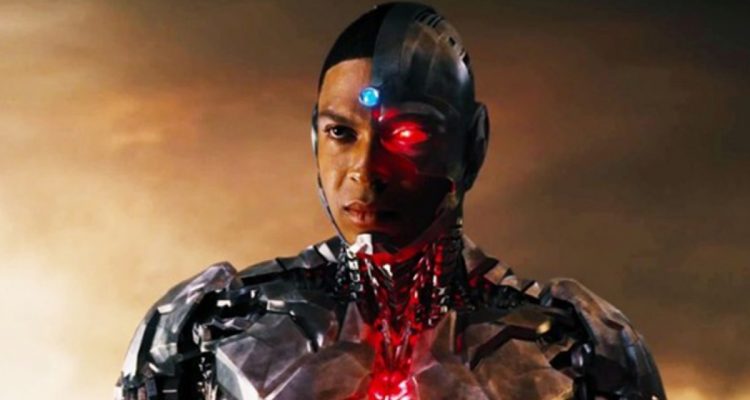With Ray Fisher speaking openly, in a post-Snyderverse world, about the things he went through during the filming of the “Justice League” reshoots, it’s becoming more clear about the genesis of all the problems. Sure, Joss Whedon is accused of acting incredibly harsh and brazen, threatening careers like it’s some huge game, and there are some real allegations of racism involving other producers such as Jon Berg and Geoff Johns. But ultimately, it appears that Ray Fisher’s huge problem is that the studio wasn’t upfront with its intentions of bringing in Joss Whedon to finish “Justice League.”
Speaking to Empire, Fisher got to the crux of what he believes went wrong with “Justice League” during the transition from Zack Snyder to Joss Whedon. At the end of the day, it’s obvious that Warner Bros. wanted a wholesale change of the film, making it more brightly lit and funny and was willing to ditch quite a bit of Snyder’s footage to make it happen. But in communication with Fisher and other actors involved, it appears the studio made it seem like Zack’s vision was ultimately the goal and everyone was working towards a mutually agreeable end.
“Transparency would have gone a long way; if they had said to us, ‘Hey, we don’t like Zack’s movie, we want to shift gears completely and we need you guys to buckle down,’” Fisher said. “But they were trying to hold on to this narrative of doing it for Zack and maintaining his vision, all the while completely not doing that.”
He added, “Unfortunately, gaslighting occurred by asking for input but, ultimately, biting people’s heads off when you gave it.”
In an example of what Fisher talked about as a way that he felt the film was completely off base, the actor explained a scene that would have featured his character, Cyborg, being drawn and quartered by the villain, Steppenwolf. Fisher was upset with the idea of putting a Black character that has experienced so much physical trauma through an event that would only exacerbate the trauma and not lead to anything substantial in terms of growth.
“Had I not been so welcomed in the initial process I might not have felt as comfortable speaking up about those circumstances,” he said. “But I had to try to rein those guys in. It was not a good look to essentially pull this Black man, who has already endured so much physical trauma, limb from limb.”
Though he had a minor win in that regard, the now-infamous “Booyah” line that was added to the final cut seems to be the straw that broke the camel’s back, so to speak, with Fisher, as he has previously explained. So, though it’s a bit hokey to say transparency and communication could have gone a long way to mitigate the disaster of “Justice League,” if you listen to Fisher explain it, then perhaps WB could have saved itself a lot of heartache with just being upfront with its intentions.
But hey, hindsight and all of that, right?

